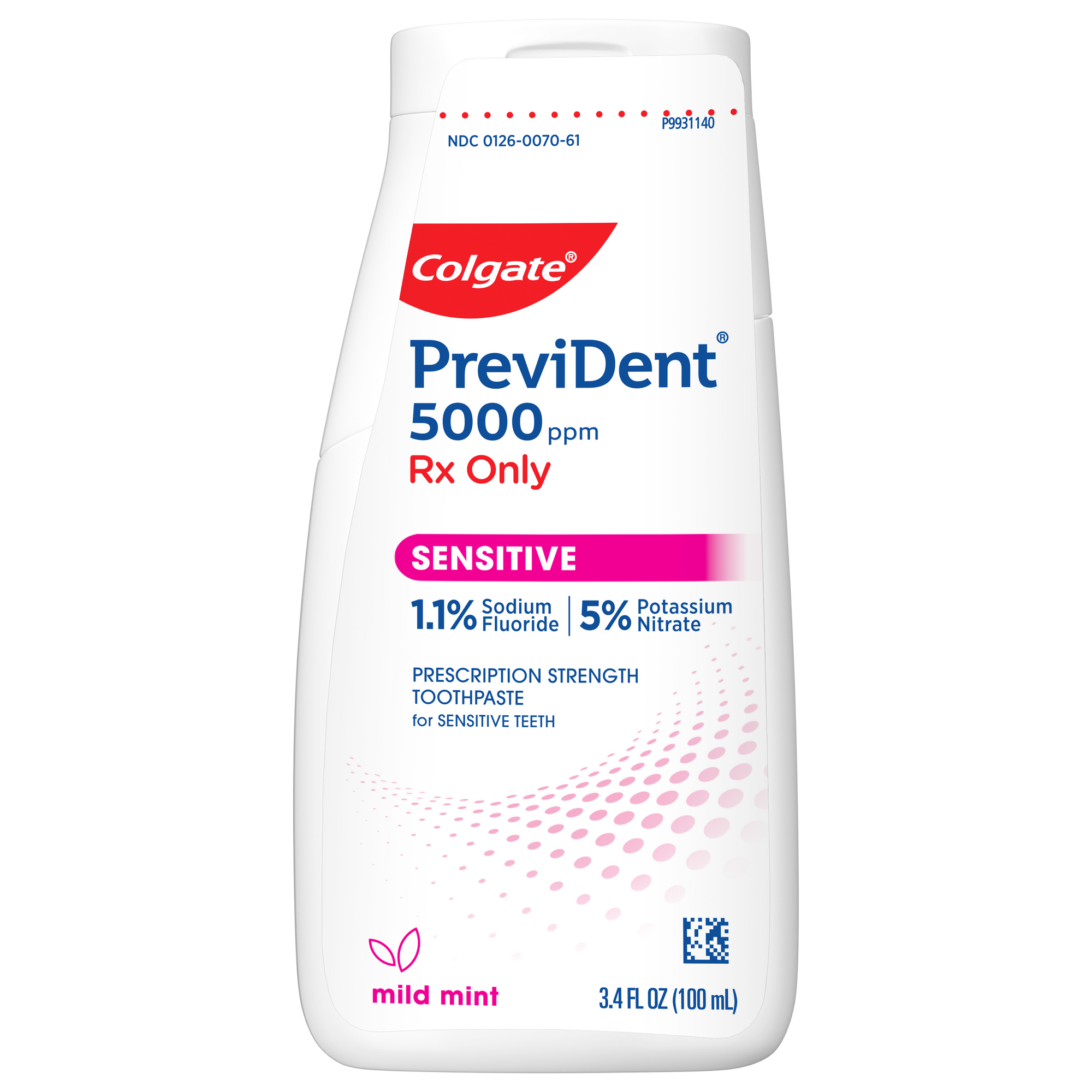History of Salt for Medicinal Use
Did you know that the medicinal use of salt dates back to 1600 B.C? The health benefits of salt have been recorded in some of the oldest medical scripts. It was believed that salt could dry out and disinfect wounds. Ancient Egyptian medicine prescribed anti-infective solutions, which had salt as a base ingredient. These were administered orally, applied as an ointment or suppository. Greek medicine also made us of salt by mixing it with honey to create a topical application to disinfect cuts and wounds.
How Salt Inhibits Dental Bacteria
Salt is a mineral composed primarily of sodium chloride (NaCl). Rinsing the mouth with a NaCl solution is an old remedy believed to promote healthy gums and encourage recovery from mouth ulcers. According to an article published by the PLOS ONE Journal, dentists may recommend adding a salt-based mouthrinse to your dental regimen to maintain good oral health. But how does rinsing your mouth with salt water help? When plaque interacts with high doses of sugar (from sugary foods and drinks), it creates acids that attack tooth enamel. Plaque build-up also contributes to gum disease. A study published by the Journal of Indian Society of Pedodontics & Preventive Dentistry found that salt water effectively reduced plaque and as an adjunct to routine mechanical plaque control for the prevention of oral disease. Remember that brushing your teeth twice a day and cleaning between your teeth with dental floss or other interdental cleaners remains an important part of a healthy mouth and smile.
Healing Properties of Salt Water
Your dentist may suggest that you rinse your mouth with salt water after tooth extraction. This is because salt water is known for its natural healing properties. The at-home remedy can also be used to ease discomfort from mouth sores while aiding the recovery process. Salt water speeds wound healing by reducing inflammation and bacteria in the mouth.
Making a Salt Water Mouth Rinse
Making a salt water-based mouthrinse is easy; all you need is salt and some warm water. Add a 1/2 teaspoon of salt to a cup of warm water. You can use this cost-effective rinse to:
- Soothe mouth sores
- For pain relief after tooth extraction
- Reduce discomfort from a sore throat and tongue
Although there are benefits to using a salt water mouth rinse, it shouldn't replace your daily oral hygiene routine. Taking good care of your teeth starts with brushing twice a day and interdental cleaning. Doing this effectively removes plaque, bacteria, and food particles that can get stuck between the teeth. Before you use this at-home remedy, consult with your dentist to learn about how and when to use it.
This article is intended to promote understanding of and knowledge about general oral health topics. It is not intended to be a substitute for professional advice, diagnosis or treatment. Always seek the advice of your dentist or other qualified healthcare provider with any questions you may have regarding a medical condition or treatment.
ORAL HEALTH QUIZ
What's behind your smile?
Take our Oral Health assessment to get the most from your oral care routine
ORAL HEALTH QUIZ
What's behind your smile?
Take our Oral Health assessment to get the most from your oral care routine















